3 Benefits Of Grinding Your Own Spices

There’s a distinct moment every home cook remembers — that first time you crushed a spice between your fingers and realized, oh, this is what fresh actually smells like! I had always used pre-ground jeera straight from the packet, until one day I dry-roasted a handful of whole Cumin Seeds and ground them myself. The aroma that filled my kitchen was so deep, smoky, and citrusy that even my neighbor peeked in to ask what was cooking.
And that’s the magic of grinding your own spices — you don’t just cook better food, you experience cooking differently.
Is Grinding Spices Worth It?
Absolutely. Think of it like brewing coffee from freshly ground beans instead of instant powder — the difference isn’t subtle, it’s transformative. Grinding your own spices gives you control, freshness, and flavor intensity that no pre-ground jar can compete with. Let’s explore why it’s worth every extra minute.
1. Fresher Spices and Potent Flavors
Here’s the truth: once spices are ground, the clock starts ticking. Those fragrant essential oils — the real source of flavor — begin to evaporate and oxidize. That’s why the garam masala that once smelled heavenly might start tasting flat after a few months.
When you grind whole spices right before using them, you’re releasing their volatile oils at their absolute peak. It’s like unlocking a vault of aroma and taste. That’s when your curries suddenly taste brighter, your dals feel warmer, and even simple dishes like roasted potatoes start carrying layers of depth.
💡 Pro Tip: Try grinding spices just before tempering (tadka). You’ll notice how the hot oil instantly blooms their flavor — a tiny step that changes everything.
2. Better Texture Control
Grinding your own spices isn’t just about flavor; it’s also about texture. Some dishes need a coarse grind — think pepper-crusted paneer or dry rubs for kebabs. Others demand a fine powder, like garam masala or chaat masala.
When you control the grind, you control the outcome. That’s something store-bought powders can’t offer.
I remember experimenting with Fennel Seeds (Saunf) for my Kashmiri dum aloo — grinding them halfway so the bits would melt into the gravy while still leaving a sweet, floral hint in every bite. That balance is only possible when you grind spices yourself.
💡 Pro Tip: Use a manual mortar and pestle for small batches — it gives you better control and adds a rustic touch to your cooking.
3. Longer Shelf Life and Cost Effectiveness
Whole spices, when stored properly, are surprisingly long-lasting. They don’t go stale easily because their essential oils stay locked inside until you break them open.
That means you can buy in bulk — say, a big pack of Chukde Cinnamon Sticks or Black Peppercorns — and grind them as needed. Not only does it reduce waste, it’s more cost-effective in the long run.
💡 Storage Tip: Keep whole spices in airtight glass jars away from sunlight. They can last for a year or more without losing potency.
How to Grind Spices?
You don’t need fancy equipment. A simple mortar and pestle works beautifully for small quantities, and an electric spice grinder (or even a clean coffee grinder) handles larger batches efficiently.
Start with a few seconds of pulsing rather than continuous grinding — this prevents overheating, which can burn delicate spices like jaiphal or laung.
💡 Expert Tip: For extra aroma, lightly dry roast your whole spices before grinding. It enhances the flavor and makes grinding easier.
Best Spices to Grind at Home
- Black Peppercorns: Freshly ground black pepper tastes sharper, fruitier, and more alive than anything pre-packed.
- Nutmeg: A quick grate of nutmeg adds a warm sweetness to desserts or even a creamy curry.
- Cloves: Grind a small amount — they’re powerful! Freshly ground cloves are perfect for biryanis and masalas.
- Cumin Seeds: Whole Cumin Seeds release that earthy, lemony aroma instantly when ground.
- Fennel Seeds: Sweet and cooling, freshly ground fennel adds a beautiful aroma to both curries and desserts.
- Cardamom: Crush the pods just before adding to kheer or tea for a heavenly fragrance.
- Cinnamon Sticks: Grind into powder for baking, garam masala, or even coffee — fresh cinnamon transforms everything.
FAQs
1. Is grinding spices better than buying them in a packet?
Yes — ground spices lose aroma over time due to oxidation. Grinding them fresh releases essential oils right before cooking, making dishes far more flavorful.
2. Are whole spices cheaper than ground spices?
Usually, yes. Whole spices can be bought in bulk, last longer, and don’t lose potency as quickly. Over time, it’s both economical and flavorful.
3. Do I need special equipment to grind spices?
Not at all. A simple mortar and pestle or a small grinder works fine. For Indian cooking, both tools have their place — grinders for volume, mortar for precision.
4. How long can I store whole spices?
If kept in airtight jars away from heat and sunlight, most whole spices (like Chukde Peppercorns, Cloves, or Cumin Seeds) can stay fresh for up to 12–18 months.
5. Can I mix different spices while grinding?
Yes, but grind similar-density spices together. For example, grind cinnamon and cloves separately before mixing to avoid uneven texture.
6. Should I roast spices before grinding?
For most Indian recipes, yes. Light roasting enhances aroma and makes grinding easier — just don’t burn them.
Final Thought
Grinding your own spices isn’t about being fancy — it’s about reconnecting with the heart of cooking. Once you start, it’s hard to go back. The smell of freshly crushed cumin or the warmth of just-ground cardamom is something no pre-packed jar can match.
If you’re ready to taste the real difference, start with quality whole spices. Chukde’s quality range of whole spices — from cumin to cardamom — are cleaned, aromatic, and sourced from trusted farms, ensuring every grind is magic in your kitchen.
Related articles
Checkout in
& get 2% OFF

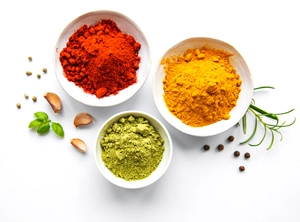

 Cart
Cart


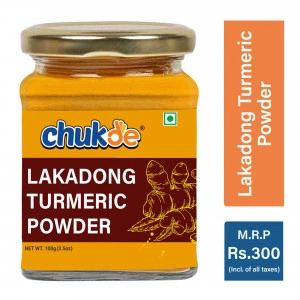
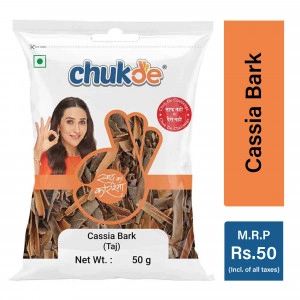

 <% cart_fragment.free_shipping_message %>free shipping
<% cart_fragment.free_shipping_message %>free shipping





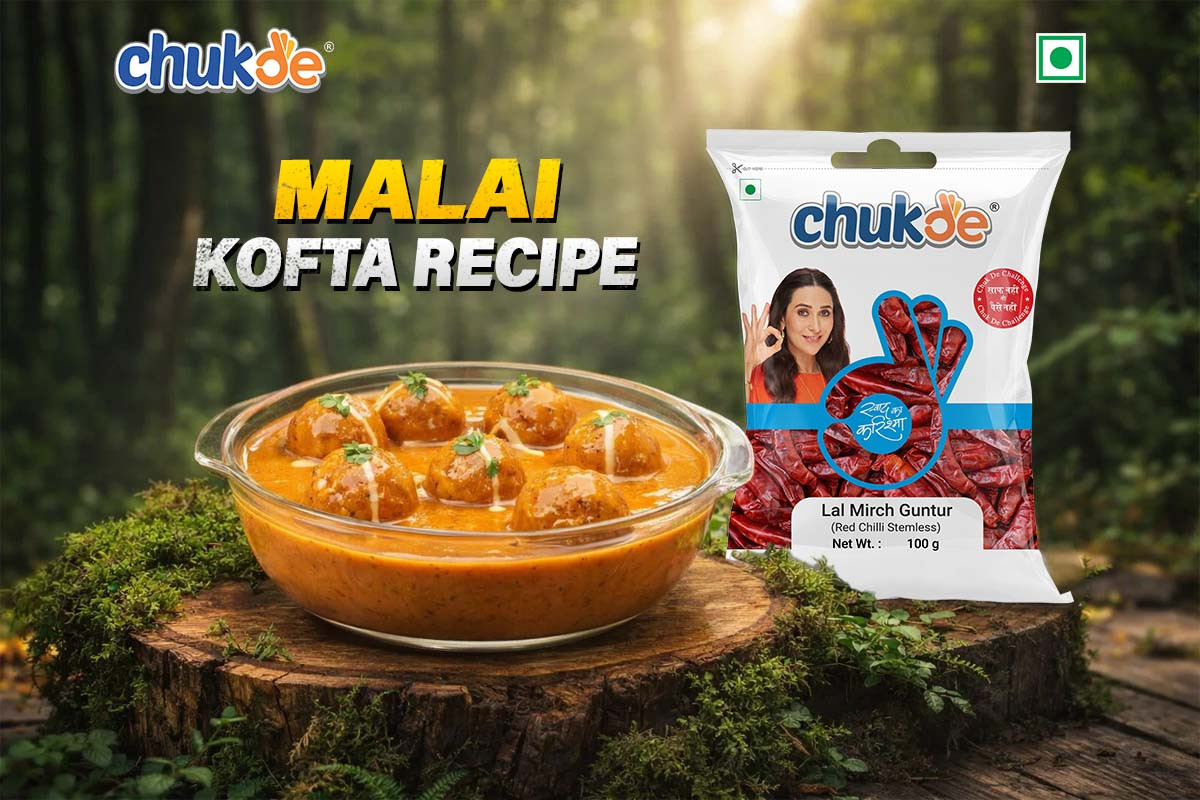
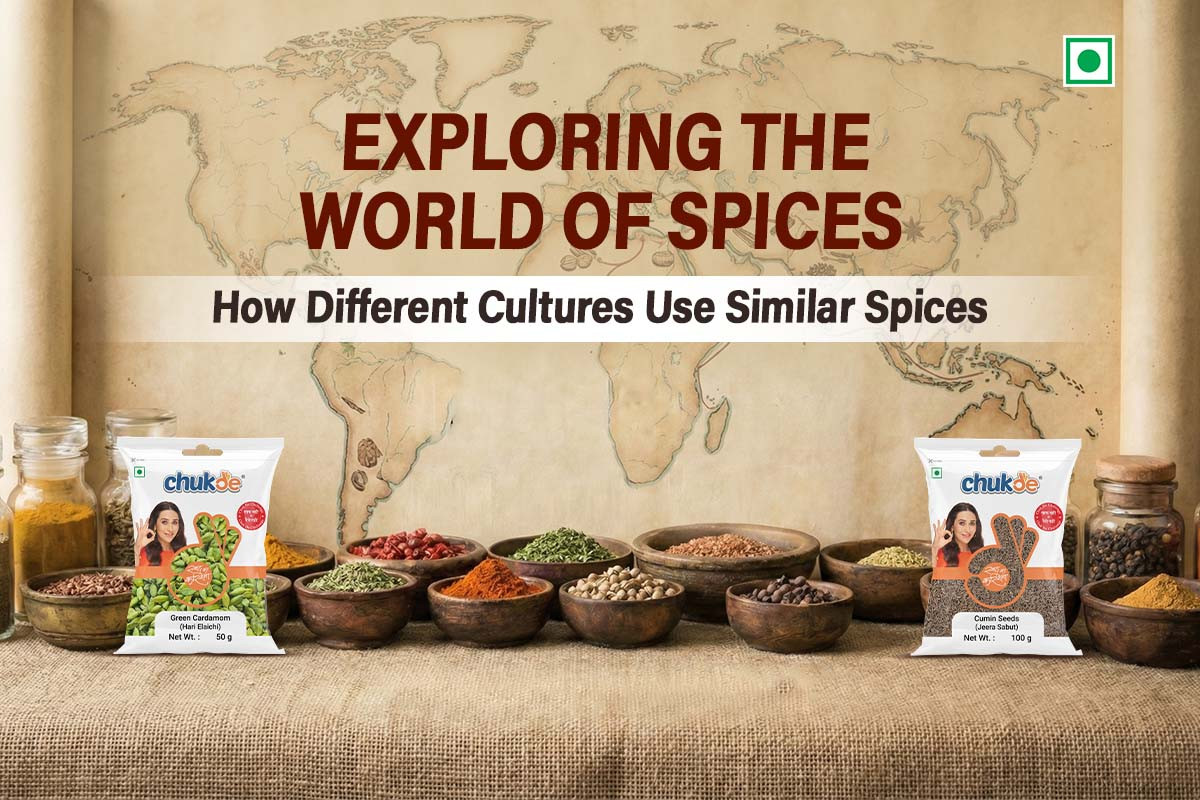
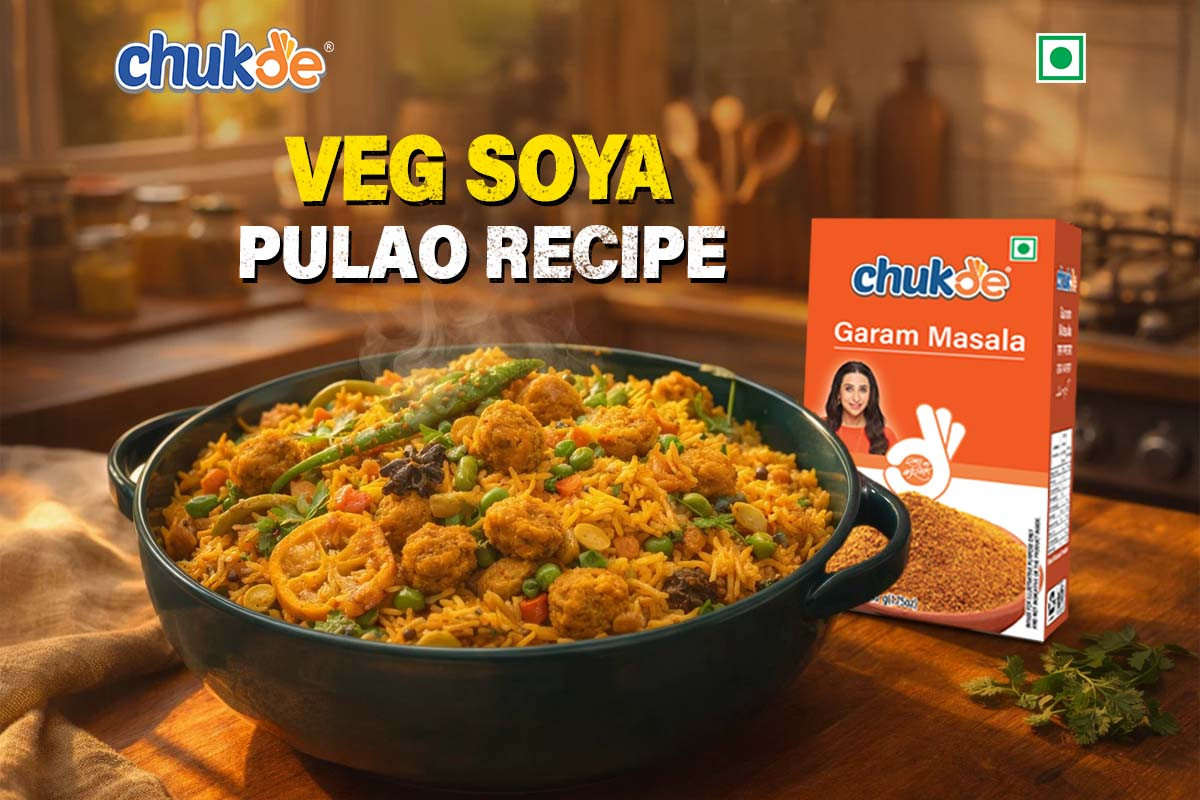

 TBS points:
TBS points: 


 100% safe
checkout
100% safe
checkout




